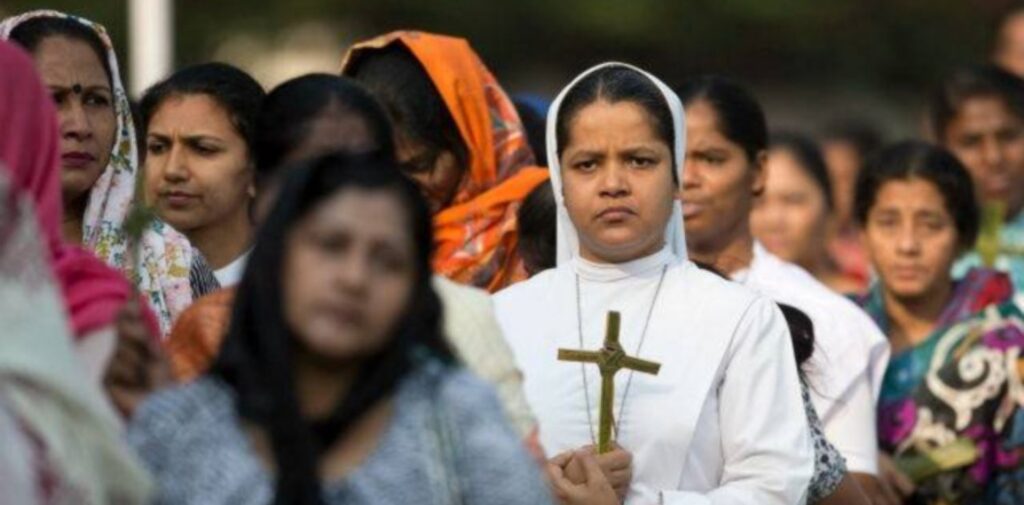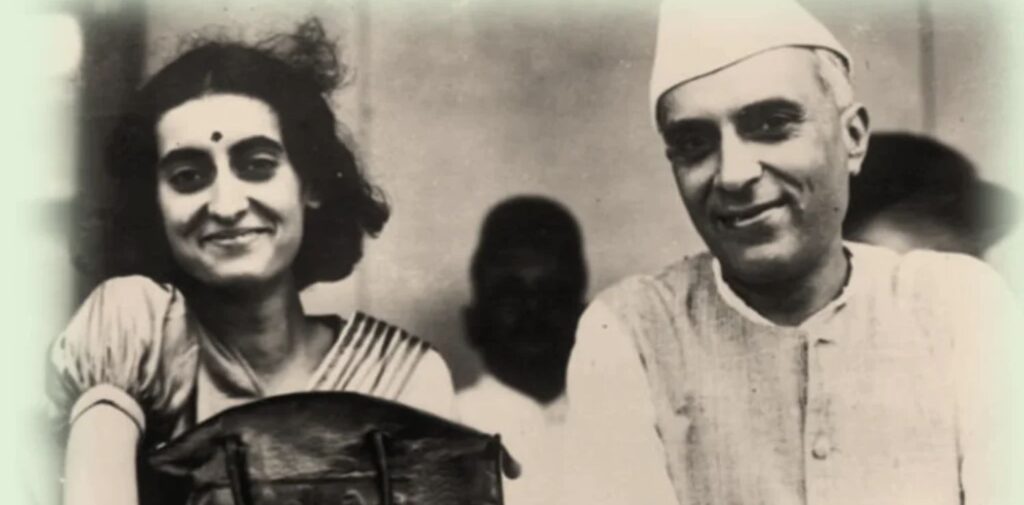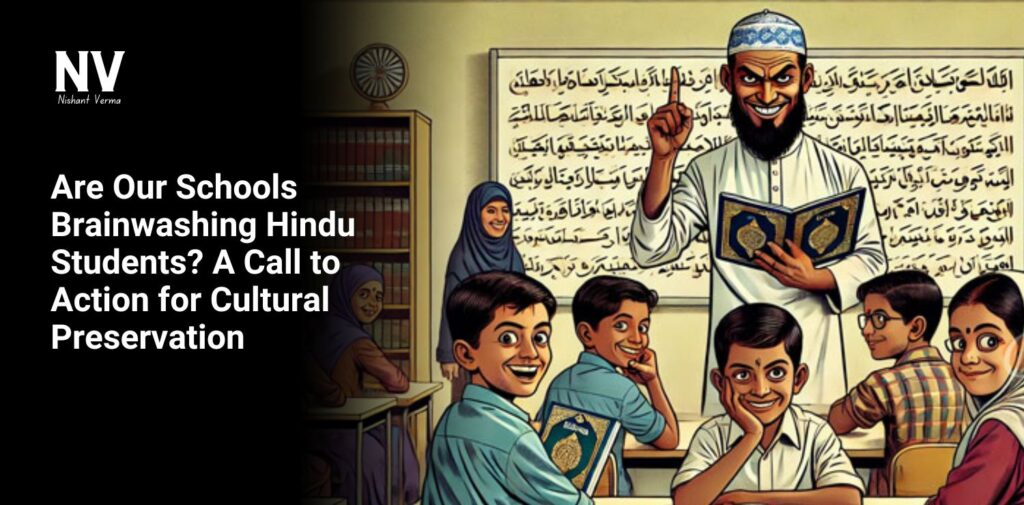In recent years, there has been a growing concern regarding the education system in India, particularly within convent and missionary schools. Many argue that these institutions are not merely centers of learning but platforms for ideological indoctrination, particularly against Hindu values and traditions. This article delves into the issue, analyzing various perspectives on how our educational institutions may be brainwashing Hindu students and what measures can be taken to preserve our rich cultural heritage.
The Influence of Missionary Education
The videos and articles referenced highlight troubling incidents where children in missionary schools are reportedly frightened into adopting Christian beliefs, sometimes through manipulative tactics. One account even describes scenarios where children are told that praying to Jesus is necessary to avoid physical deformities. Such tactics raise serious ethical questions about the role of education in shaping a child’s worldview. Instead of fostering an environment of inquiry and respect for diverse beliefs, these institutions seem to engage in fear-based indoctrination.
Many students have reported feeling alienated from their Hindu identity while being pressured to conform to a different religious narrative. The Quora discussion reveals sentiments from both sides, with some insisting that the education system is not explicitly brainwashing but does neglect to teach Hindu philosophy and texts like the Bhagavad Gita and Ramayana. On the other hand, there are voices that assert that the omission of Hindu teachings is a systematic attempt to undermine the faith.

The Role of Political Powers
Historically, the political landscape in India has influenced educational policies. The Nehru-Gandhi family, who have held significant power in shaping India’s post-independence education system, has often been criticized for implementing laws that restrict the teaching of Hindu scriptures in schools. The argument is that this has led to a dilution of Hindu culture and values in the curriculum.
While Islamic madrasas are allowed to teach the Quran extensively, Hindu students in convent schools are often deprived of their own sacred texts. This disparity raises questions about the equitable treatment of different religious teachings within the Indian educational framework. Why is it that schools that identify with Hinduism are discouraged from teaching the scriptures, while those that align with Islam can freely promote their religious texts?

A Biased Curriculum
Curricula in many convent schools have been criticized for presenting a skewed view of history and culture, often emphasizing Western ideals while downplaying or omitting significant aspects of Indian history, especially those pertaining to Hinduism. This can lead to a disconnect among students from their cultural roots, making them more susceptible to external influences that undermine their beliefs.
In a society as diverse as India, it is crucial that our education system fosters respect for all cultures while ensuring that Hindu traditions and values are not marginalized. The current curriculum seems to favor a more secular or Westernized approach, often at the cost of excluding essential teachings from Hindu scriptures that provide moral and ethical guidance.
The Need for Strict Action
Given these circumstances, there is a pressing need for strict action to address the systemic issues present within our educational institutions. First and foremost, the government must revise educational policies to ensure that Hindu texts, philosophies, and cultural practices are included in school curricula. This is not merely about religious education; it is about fostering a well-rounded understanding of our heritage that can coexist with other beliefs.
Furthermore, there should be stricter regulations and oversight on how religious education is imparted in schools. Ensuring that all schools adhere to a balanced curriculum that respects and includes Hindu traditions will create a more equitable educational landscape. Such measures could help students develop a strong sense of identity and pride in their heritage.
Empowering Future Generations
Education is not solely the responsibility of institutions; parents and communities must also play an active role in safeguarding cultural values. Engaging children in discussions about their heritage, teaching them about the richness of Hindu philosophy, and encouraging participation in cultural events can help instill a sense of pride in their identity.
Moreover, awareness campaigns highlighting the importance of Hindu culture and the need to protect it from ideological indoctrination can empower parents and communities to demand changes in the education system. Parents should be encouraged to question what is being taught in schools and advocate for a more inclusive approach that acknowledges and respects their cultural background.
Conclusion
The alarming trend of potential brainwashing within our educational institutions, particularly concerning Hindu students, calls for immediate action. The influences of the Nehru-Gandhi family and the political landscape have created a scenario where Hindu teachings are sidelined in favor of a secular or Christian narrative. It is imperative that we address these issues head-on to protect our culture and ensure that future generations are aware of their rich heritage.
Our schools should not be venues for ideological indoctrination but places of learning that honor and celebrate all cultures, including Hinduism. By taking a stand against biased educational practices and advocating for a curriculum that reflects the diversity of our society, we can help preserve the values and traditions that define us as a nation. Only then can we ensure that our future generations are educated not just in the subjects of the world but also in the timeless wisdom of their own culture.




